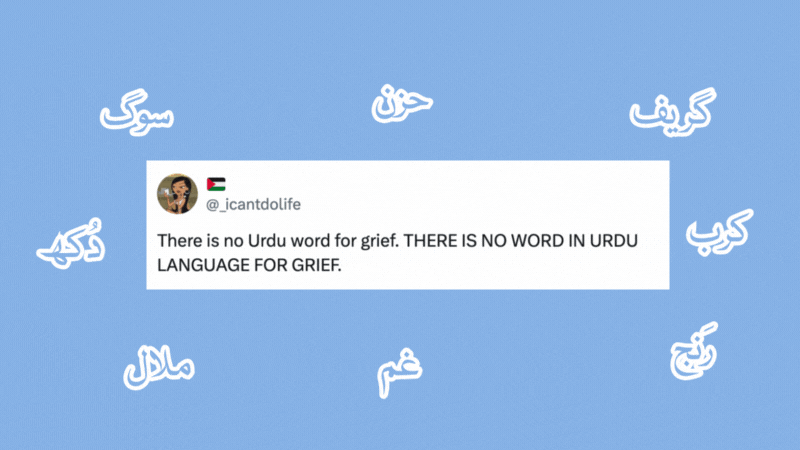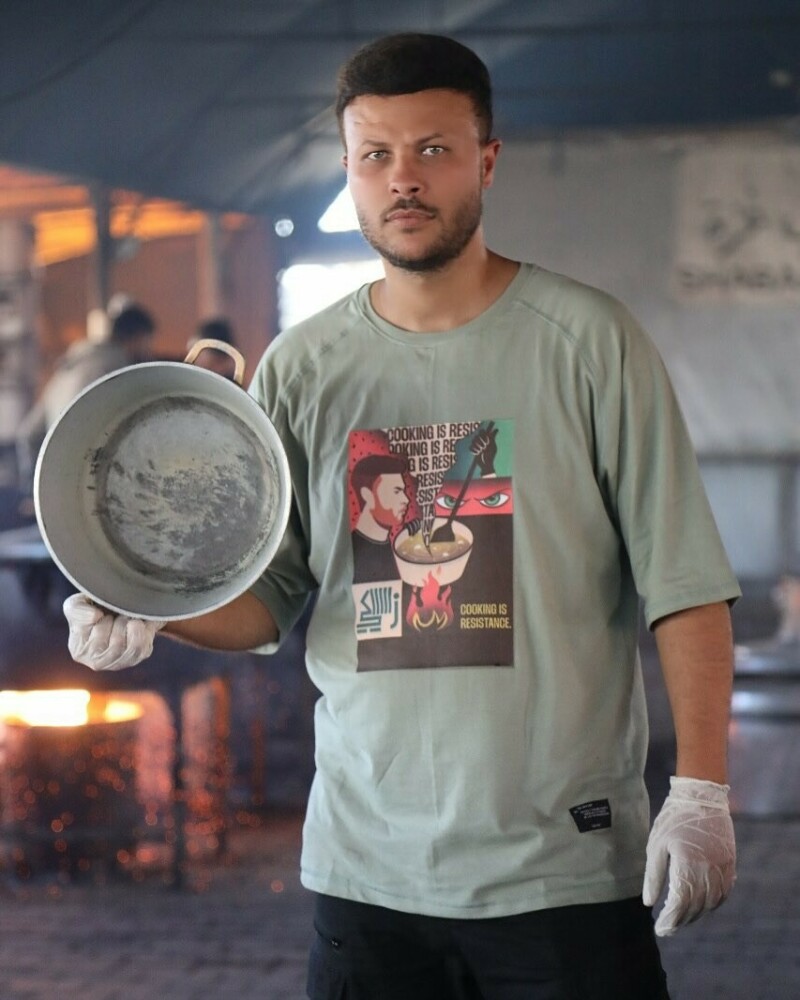Full marks: TV drama Nazo portrays mental illness with sensitivity and grace
Mental illness is a topic that usually appears as a blip on our TV screens.
When a drama introduces a character with mental illness, it tends to veer towards sensationalism and/or crude depictions of 'abnormality'.
So, when a drama about special children tackles the subject in an even-handed, realistic manner, it is definitely worth taking note.
Nazo, which is currently airing on Urdu 1, is one such drama.
A girl suffering from mental illness, Nazo (Soniya Hussain), lives with her mother Tabassum (Atiqa Odho) and sister Samra (Zhalay Sarhadi). Taking care of Nazo has its own set of challenges, from her day-to-day care in the hands of able help to cordoning her off when visitors come home. Yet, they share moments of fun and laughter.
The story so far

Nazo doesn’t shy away from exploring the tensions of raising a mentally ill child right from the moment of birth.
Many mothers have to deal with the regressive attitudes of family and society at large, which tend to hold them responsible for giving birth to mentally ill children. This seeps into their psyche so that they end up blaming themselves.
Tabassum’s husband too taunts her until he dies in an accident, leaving Tabassum to fend for home and hearth.
Burdened by the demands of earning a living and taking care of both her daughters, Tabassum turns into a cold-hearted mother. Her raised voice and distant demeanor scare Nazo who has a near meltdown every time her mother is around.
Suffering from mental illness, Nazo lives with her emotionally unavailable mother Tabassum and caring sister Samra
Samra, sensing her mothers’ lack of affection towards Nazo, hardens towards her while trying to fill the maternal void in Nazo’s life. She believe that she has a lifelong commitment to her sister and associates this with the need to sacrifice everything for her happiness including the prospect of marriage.
Though during his lifetime Tabassum fought her husband over the idea of placing their daughter in a mental asylum, apparently she did send her away once, forever scarring her relationship with her elder daughter Samra. Though this was conveyed as a piece of throwaway dialogue, there seems to be so much unexplored territory here that I am crossing my fingers that Atiqa Odho’s character makes a reappearance to examine these ideas.
Atiqa Odho plays her part as the misunderstood and much maligned mother with incredible ease. It is a shame that her character isn’t afforded much of the nuance with which the others have been treated. There could be much more complexity to this role of a mother having to choose her work over care of her child as well as the tremendous guilt and social stigma such mothers have to face. Instead, Samra’s antagonism towards her mother for having chosen career and social commitments over her children seems to have a ring of truth.
Dysfunctional dynamics ground the drama

This tense and dysfunctional relationship between mother and daughter was actually the highlight of the first few episodes with Samra clinging on to her resentment by not bothering to tell her mother that Nazo was soon hospitalized after Tabassum left for a work trip to Dubai.
This kind of fraught relationship is welcome relief and a refreshing change from the cloying saccharine or unidimensional relationships we see on screen. There is an element of unresolved issues that serve to give us an insight into the characters and also create enough fission to keep the narrative going.
Later in the hospital, Samra is the lone care-giver for Nazo, which in turn piques Habeel (Ahmed Ali)'s curiosity about her situation. Given that boy-meets-girl scenarios in our dramas are a dime a dozen, it is to writer Samina Ijaz’s credit that none of these situations feel contrived. Also brownie points for not making them cousins!
Habeel’s genuine affection for Nazo wins over Samra. Despite her reservations and resolve to never marry, Samra sees Habeel as a way out of life under her mothers’ roof as well as possibly a new beginning.
Samra and Habeel are treated as adults making their own choices though taking life-altering decisions without so much as a conversation with their families was a bit much to swallow. Both of them throw their respective families into a tizzy by having Nazo stay with them, upsetting both Habeel’s divorced sister who lives with him and shocking Tabassum. Though here too, it has to be said that Samina Ijaz has a realistic way of handling her characters – they err and make mistakes, all too human mistakes and there is no judgement for what they do.
If there is one thing that Nazo gets right, it is the realism and authenticity of many of the situations that it portrays. There are moments of understanding, love and caring as well as moments of exasperation, helplessness and even anger at being forced into this situation
It helps too that both Zhalay Sarhadi and Ahmed Ali completely embody their roles. Zhalay love for Nazo is full of genuine warmth and affection and even at some of the scenes where she could go full tilt into melodrama, she comes across as believable and grounded and completely motivated by concern for her sister.
Ahmed Ali is a complete natural in front of the camera. While most men in our dramas are shown as a product of our patriarchal society, his Hadeel is refreshing change. A modern, well-rounded man who shoulders his responsibilities with dignity and patience, Ahmed Ali’s restrained performance is a highlight of this drama.
Realistic portrayals are refreshing

As Habeel and Samra settle into married life, Samra still keeps her mother at a prickly distance ignoring her every overture. A hurt Tabassum decides to move to the US and away from her daughters. While Nazo settles into her new home, Samra’s pregnancy complicates her health and disrupts Nazo’s fragile balance.
If there is one thing that Nazo gets right, it is the realism and authenticity of many of the situations that it portrays. When Nazo disappears, Samra unleashes her wrath on Habeel for losing Nazo but conveniently forgets the time when Nazo slipped out of her own home on a rainy night.
Some may complain of the repetitiveness of certain scenarios as well as Nazo’s responses, but in caring for mentally ill patients a majority of time revolves around looking after their basic needs
It is easy to blame others and difficult to accept that these situations happen all too often. The tendency of disabled children to wander is one of the most common things that families have to deal with. The tension between Samra and Tabassum, the relationship with Nazo and Alia her full-time care giver, Habeel’s sisters reservations, the conversations between the help all speak to the very real ways in which each person reacts to and manages these situations.
There are moments of understanding, love and caring as well as moments of exasperation, helplessness and even anger at being forced into this situation. It is an excellent etching out of familial relationships that are all bound by differing degrees of expectation, commitment, love as well as annoyance and resentment.
Some may complain of the repetitiveness of the scenarios as well as Nazo’s responses but a majority of time and care devoted to the mentally disabled revolves around looking after their basic needs. Though, given that she has now cut herself on broken glass three times, the next person to serve her juice in a hand-cut crystal glass should be packed off immediately!
Kudos to the producers' vision and creativity
Nazo is an engaging drama dealing with issues of mental illness with a kind of sensitivity rarely seen on screen. Hats off to the producers Fahad Mustafa and Dr Ali Kazmi for touching on this important topic. The whole team seems to have really done their research which comes across in the writing as well as the performances.
Soniya Hussain as the protagonist Nazo delives a powerful performance. Everything from her physical mannerisms, stiff posture, to her genuine delight are played with conviction. Soniya Hussain is a wonderfully talented actress who seems to be constantly challenging herself
Soniya Hussain as the protagonist Nazo delivers a powerful performance. Everything from her physical mannerisms, stiff posture, to her genuine delight are played with conviction. Soniya Hussain is a wonderfully talented actress who seems to be constantly challenging herself and exploring a range of characters and that is helping hone her craft.

Kudos too to the crew as well for such a polished product. DOP Faraz Khan creates interesting visual perspectives that serve to tell a visual story rather than for mere flourishes, as well as to the editors for creating a fluid and fast paced narrative.
Both director Aabis Raza and writer Samina Ijaz seem to be on the same page with regards deftly handling sensitive material as well as creating a taut narrative. There are also elements of a thriller when we suspect the worst of Farid baba while Nazo is in his care. Not cutting between Nazo’s whereabouts when she went missing heightened the tension between the characters as well as the audience keeping us guessing and engaged at the same time.
In the last episodes, things seem to be unraveling and fast. Habeel’s sister upset by her brothers careless remark leaves his home with her son. Samra, in the throes of a difficult pregnancy, finds herself getting annoyed and reacting to Nazo. With the birth of her baby and Samra facing the challenges of post-partum depression, things are at a turning point for all the characters and their relationships.
Sadaf Siddique is freelance writer, film and drama enthusiast and sometime drama queen not necessarily in that order.














Comments